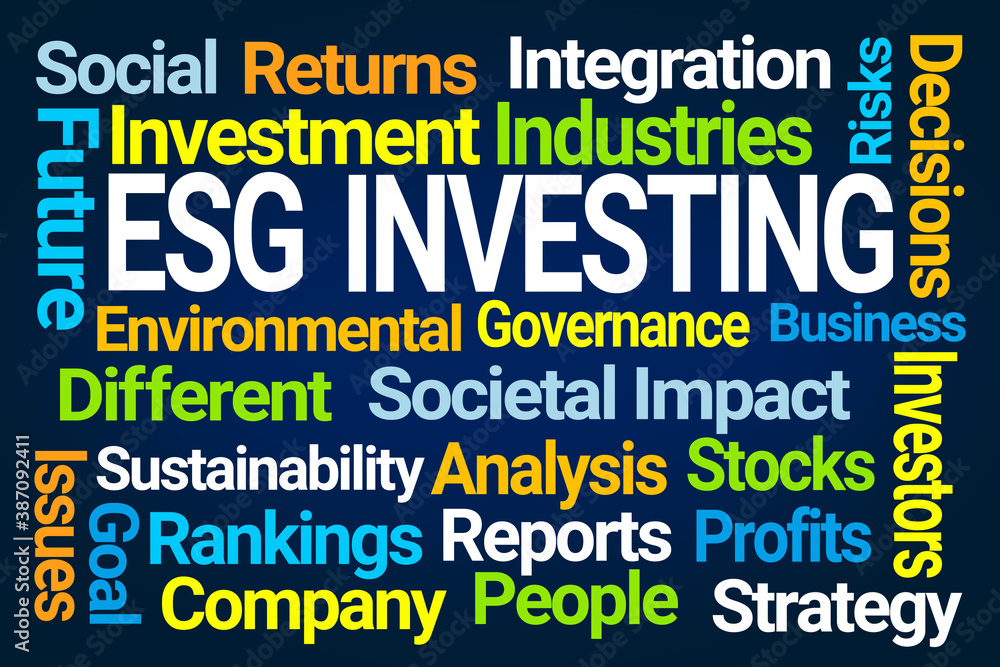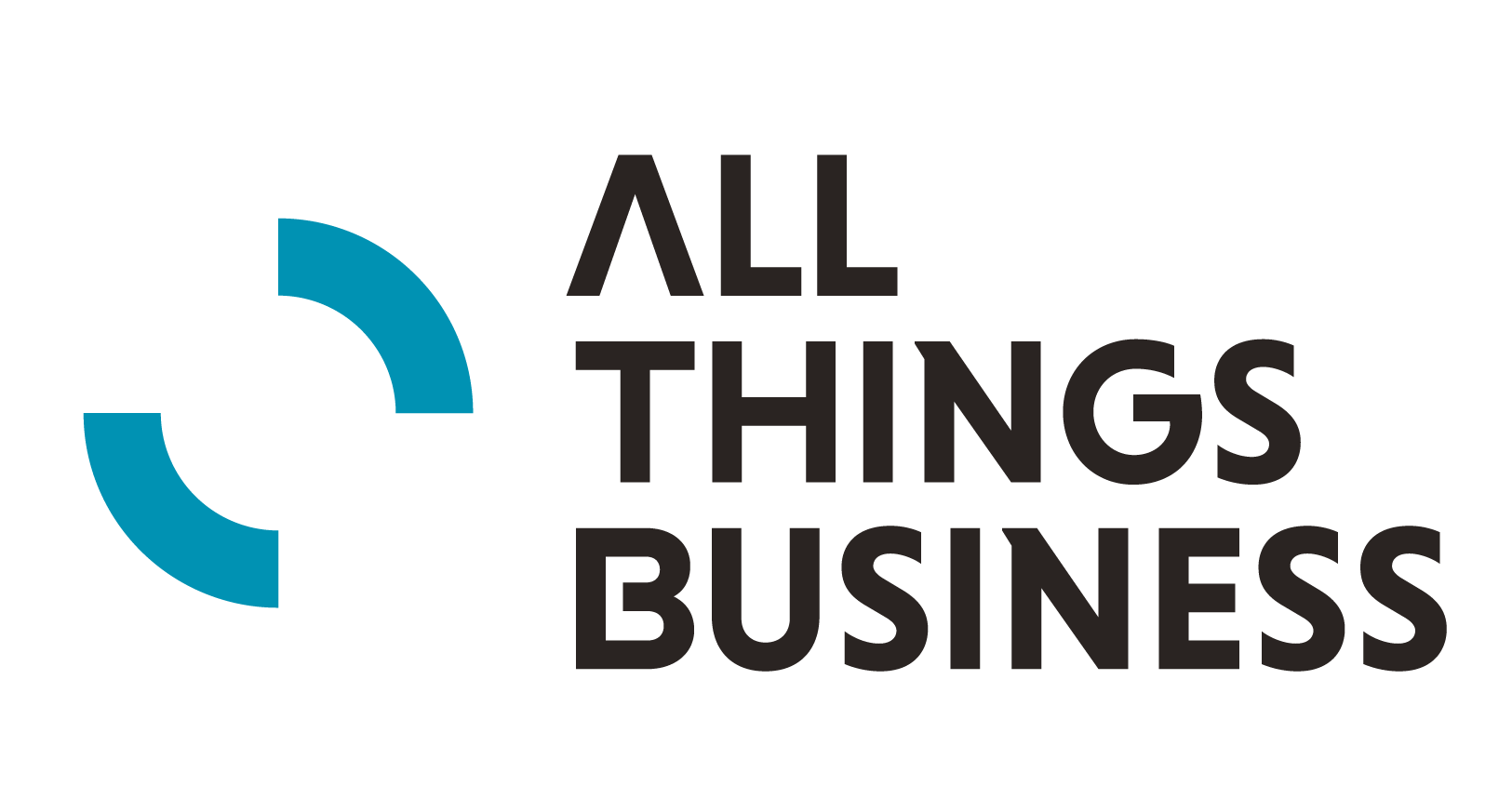Climate, and its impact upon our environment, will dominate our post-COVID business and social lives. It will surpass the pandemic in cost and resultant upheaval. However, it’s only part of the equation: it’s time for everyone in business to understand ESG – Environment, Social, Governance – and how these three themes will affect every organisation.
As we go to press, the world will be watching the 26th United Nations Climate Change Conference, COP26 in Glasgow, where the climate emergency will be debated, and resolutions passed or procrastinated. Either way, this will be the inflection point from which change will be established as a global priority.
ESG has contributed to this debate since its 2005 debut within the UN report, Who Cares Wins. This stated that ESG factors must influence corporate investment processes and decision making.
Originally a tool for the financial markets, ESG defines how organisations shall report their contribution – positively or negatively – to the maintenance of a healthy and sustainable workplace, to the wider society affected by the organisation’s activities, and the extent to which their activities impact our climate. Think of it as enhanced CSR.
ESG focuses on how every social, commercial and government entity operates. It poses two questions: what is an organisation’s impact upon the environment and, conversely, what impacts might a changing environment have upon the organisation itself? We call this double materiality, and the implications are significant.

The E is for Environment
The E of ESG refers specifically to the environment, but merely understanding the emissions, waste and raw materials consumed is insufficient. How does an enterprise interact with the wider natural environment, and what quantifiable actions mitigate any harms?
ESG demands a new depth of reporting. Since all products and processes consume natural resources and influence the environment, we must measure their impact across the entire supply chain, and through to their lifetime utilisation by end-users where applicable.
The S is for Social
Environment, however, is so much more than our natural world: it is a social concept too. Whatever the activity of an organisation, it operates within a human context. It employs people whose health and wellbeing are intertwined with their employer’s activities. Corporate anti-slavery statements were born out of such thinking.
Customers, neighbours, entire communities near and far, and society at large are affected. Consider the negative impact a chewing gum manufacturer can have on those who might live at any distance from the firm itself: their gum has a societal impact which indirectly leads to wasted resources through efforts to remove product disposed of carelessly.
The Social pillar fits within the ESG agenda to explore the organisational policies and practices on topics as diverse as human rights, business ethics, diversity and inclusion and supply chain management. It reveals the social impact of a corporation’s operations.
The G is for Governance
Corporate governance concerns risk and honesty, and encompasses almost all corporate activities, including board and management structures as well as policies, standards, information disclosure, financial auditing and compliance. For example, investors want to know that a company’s accounting is both accurate and transparent and that its business practices are ethical.
Honesty and transparency are fundamentals, and one need only think of Volkswagen, whose emissions scandal highlighted the impact of corporate malfeasance. Similarly, commitments to privacy and anti-bribery are universally accepted ethical imperatives.
Governance hinges also upon risk awareness. Could labour laws or environment factors such as a drought create a material risk to business continuity which should be reported to the institution’s investors? Absolutely!
Materiality is key to ESG
By reporting ESG data within a certified framework, we can be assured everyone from consumers to pension funds are basing their decisions on legitimate understandings. This is the basis of materiality and it’s a central tenet of ESG.
Materiality is enshrined within the European Commission’s Corporate Sustainability Reporting Directive (CSRD). This major legislation will be adopted into law in early 2022 and be enforced from 2023. Under the CSRD, making a false statement can be an imprisonable offence.
CSRD will quadruple the number of businesses that will fall within the scope of ESG reporting requirements. Initially affecting 40,000 firms, it’s reasonable to expect such regulations to encompass the entire SME sector beyond
micro-enterprises.
The UK’s approach is lagging, but with Public Procurement Notice PPN 09/16 the writing is on the wall: since January 1, 2021, ESG reporting carries a 10% weighting within almost all government procurement contracts. PPN 09/16 applies to all construction, infrastructure and capital investment procurements with a value of over £10m. While mandatory for lead bidders, the government has pointedly urged participation by SMEs and Voluntary, Community and Social Enterprise Organisations (VCSEs). PPN 06/20 added evaluation of social value too.
The rules are strict: ESG statements must be verified, and inaccuracies can lead to severe penalties. At the very least, bidders that exaggerate or misrepresent their ESG credentials may be subject to exclusion from relevant tender processes for three years.
Although there are many reporting standards, the most authoritative is from the Global Reporting Initiative (GRI), an independent international organisation.
The standards are not self-supporting. To produce an acceptable report is fearsomely complex, not least of all because all claims must be evidentiary based. ESG reporting is not a one-off ‘check list’ exercise: it’s a significant undertaking which requires knowledgeable support and the best management software. As such, early efforts to make a head-start before deadlines are imposed are highly recommended.
Humperdinck Jackman, from Advanced UK, is an author who writes and advises on current business topics, including ESG reporting and strategies. His next book is being released in October on how to write a modern business plan, and his articles have appeared in magazines and newspapers including The Times and
The Telegraph.
Find out more at www.advanced-uk.com

